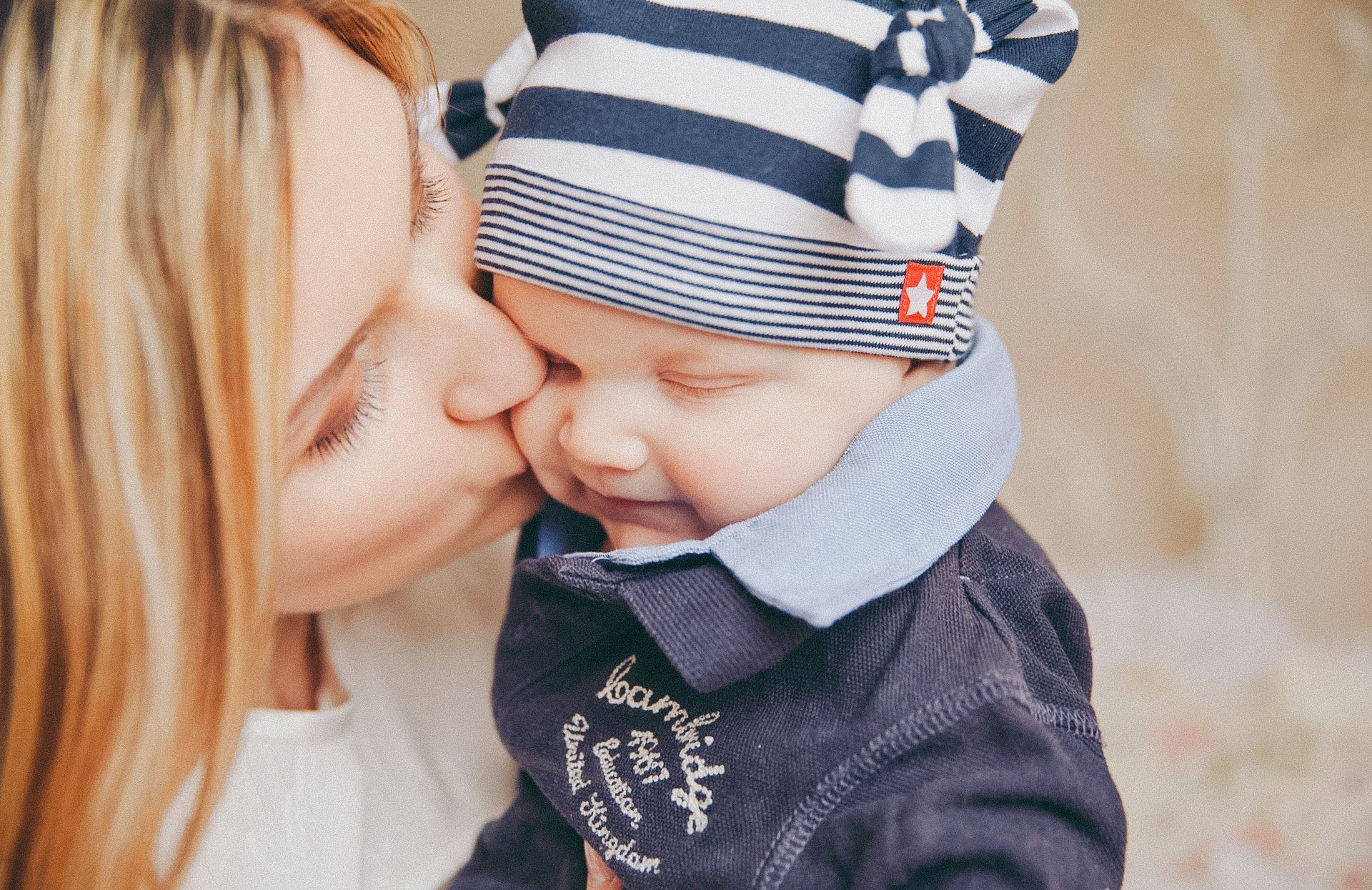
Summary
Delivery of intervention: Group-based
Aim of intervention: The intervention aims to promote the positive interaction between child and parent, strengthen the parent’s mentalization ability, suppot the parents relationships as well as enable peer support in everyday life of families with babies. The intervention improves wellbeing of the entire family.
Description of intervention: Families first is a peer group -based intervention and continues the support that the family coaching provides for the parents who have received their first child. The intervention is founded on attachement theory, mentalization theory and the concept of reflexiveness (Fonagy ym. 1991; Slade ym. 2005; Kalland ym. 2015). Peer groups gather 8-12 times every other week in thematic and structures meetings. The meetings are lead by two municipal professionals in the field of child and family work, who have been trained as intervention instructors. Families first -groups are best suited for parents, whose babies are 3-4 months old. The intervention suits also for other families with newborns, not only those having their first child.
Availability of the intervention in Finland: In Finland, the training for Families first -group instructors is targeted for the municipal professionals in social and health care and in education. Previous experience in instructing groups and work experience with parents and families is required. Mannerheim League for Child Welfare and Folkhälsan organize instructor training. The intervention has been developed from the Yale University’s Parents first program and adapted to suit the child health clinic system, and the child and family services in Finland. Families first –groups are provided for families with babies through family coaching and other services provided by the child health clinics and child and family services. There is no accurate information on regional availability of the intervention in Finland.
Research- and evidence-based efficacy of intervention: There are ongoing qualitative (Sourander ym. 2016) and effectiveness (Kalland ym. 2015) studies on the intervention.
- Literature:
Fonagy, P., Steele, H., Moran, G., Steele, M. & Higgitt, A. (1991). The capacity for understanding mental states: The reflective self in parent and child and its significance for security of attachment. Infant Mental Health Journal, 13, 200–217. - Kalland, M., Fagerlund, Å., von Koskull, M. & Pajulo, M. (2015). Families First: the development of a new mentalization-based group intervention for first-time parents to promote child development and family health. Primary Health Care Research & Development, 17, 3–17.
- Slade, A., Sadler, L., DeDios-Kenn, C., Webb, D., Currier-Ezepchick, J. & Mayes, L. (2005). Minding the baby: a reflective parenting programme. Psychoanal Study of the Child, 60, 74–100.
- Sourander, J., Kalland, M., & Laakso, M-L. (2016). Mentalization-based Families First intervention for first-time parents. A qualitative study of parents’ perspective. Käsikirjoitus valmisteilla.